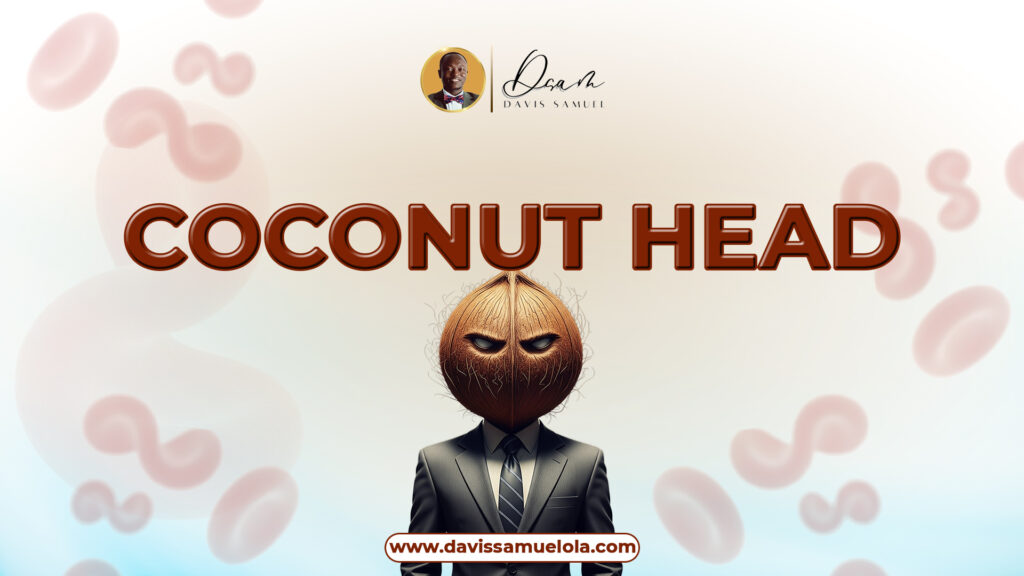120 Days. That is the average lifespan of a red blood cell (RBC) in the human body.
Why do they die after this period?
The simple answer: they lose their flexibility.
Here’s how it works.
Throughout their life, RBCs circulate through the body, carrying oxygen to tissues. On this journey, they also pass through an organ called the spleen. Young RBCs, still pliable and elastic, bend and squeeze through the spleen’s narrow passages with ease. But as they age, they grow rigid and brittle. Once they can no longer bend, they get trapped in the spleen. There, immune cells called macrophages literally eat them up. For this reason, the spleen is sometimes referred to as the “graveyard” of red blood cells.
This biological fact points to a profound truth about life itself:
Flexibility is life. Rigidity is death.
In a world that is constantly evolving, the ability to adapt is not optional but very essential. Change is one of life’s only certainties, and humanity has been endowed with a remarkable capacity to adjust. History offers many lessons: companies like Nokia, Blackberry, or MySpace once seemed untouchable, yet their refusal or slowness to adapt left them obsolete.
Don’t be a coconut head – “Nigerian parlance for referring to a stubborn/rigid person”.
When we cling rigidly to outdated ways of thinking, we risk becoming like old red blood cells, trapped and rendered ineffective. Embrace adaptability in thought, work, and relationships to thrive in a changing world.
For the spiritual man, humility and openness to God’s leading keep us spiritually alive.
As Scripture reminds us:
“Forget the former things; do not dwell on the past. See, I am doing a new thing! Now it springs up; do you not perceive it? I am making a way in the wilderness and streams in the wasteland.”
— Isaiah 43:18-19 (NIV)
So, what about you?
Where do you sense the need for more flexibility? In your mindset, your work, or your walk with God?
FOLLOW US ON:






1 thought on “COCONUT HEAD”
Profound lesson. Rigidity is death is both literal and metaphorical.